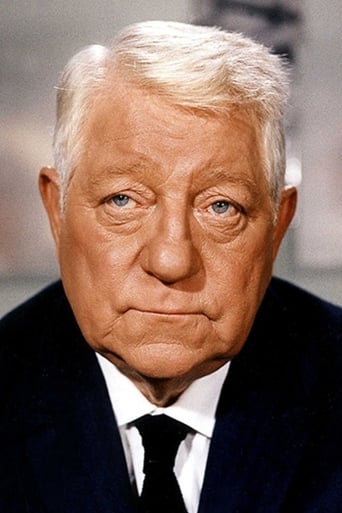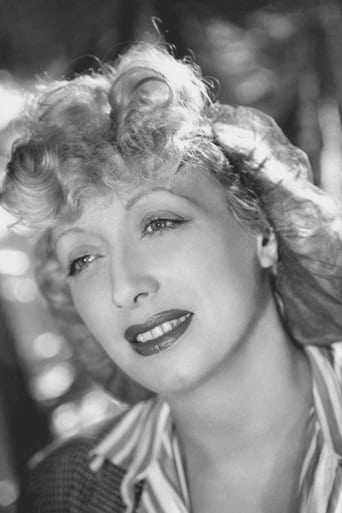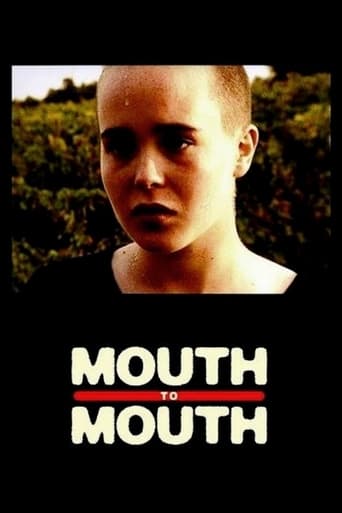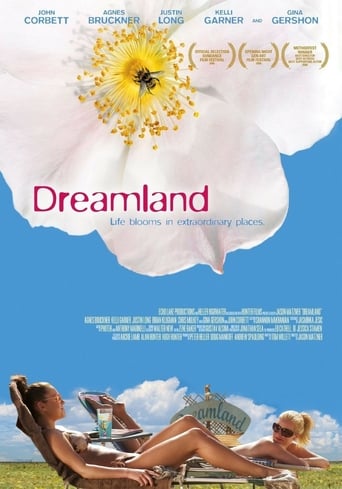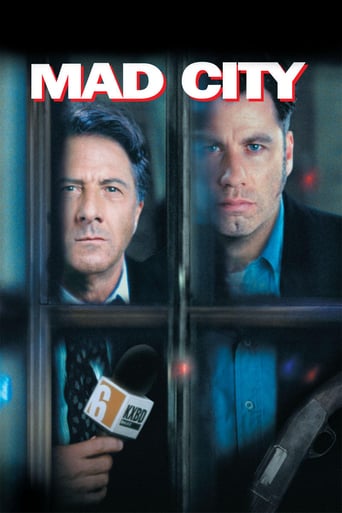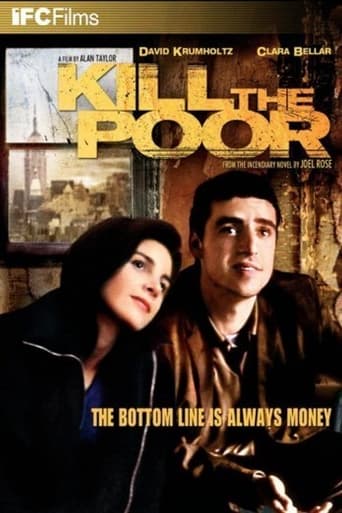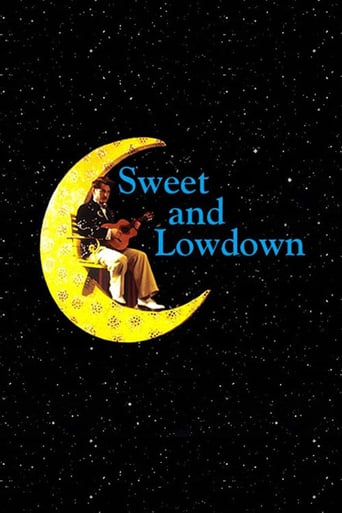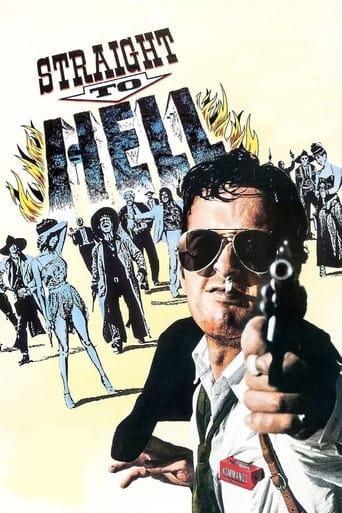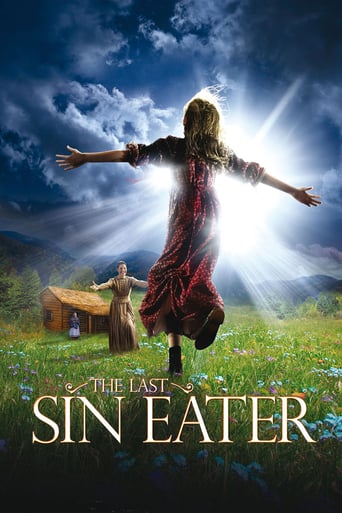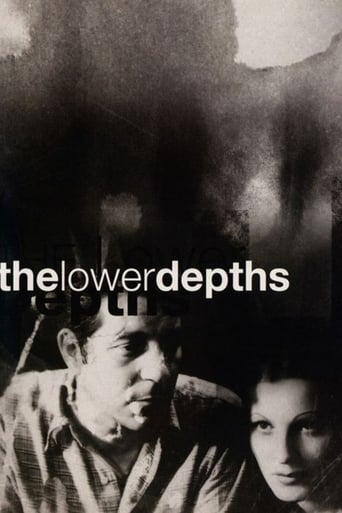
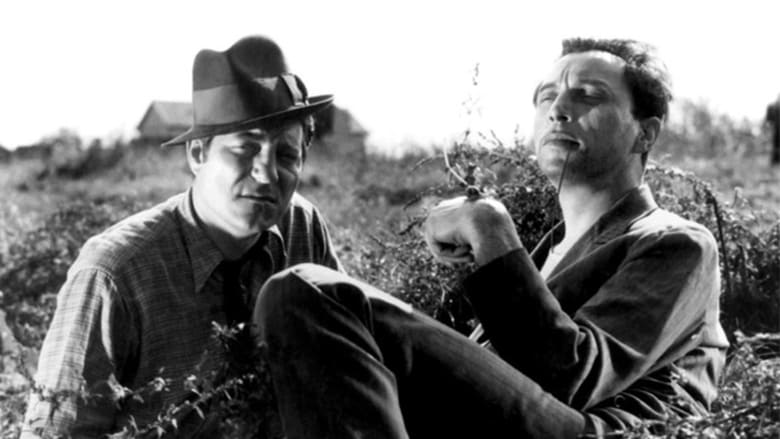
The Lower Depths (1936)
Inhabitants of a flophouse struggle to survive under the harsh treatment imposed by the landlord, Kostyleva. One resident, young thief Wasska Pepel, ends his affair with the landlord's wife, Vassilissa, and takes up with her sister, Natacha. Pepel also befriends the baron, a former nobleman fallen on hard times, but Pepel's attempts at happiness are complicated when he's accused of murder by a spiteful Vassilissa.
Watch Trailer
Cast
Similar titles
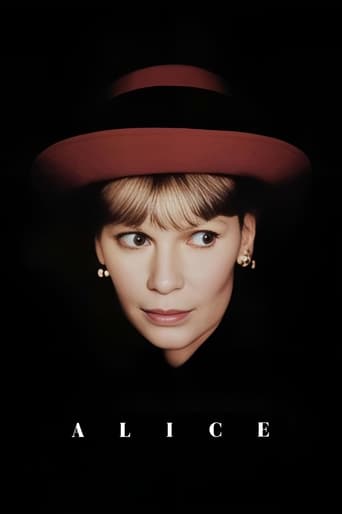
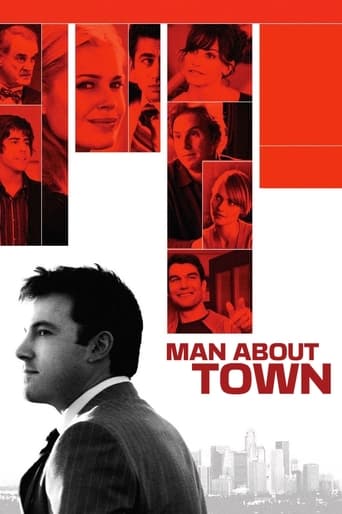
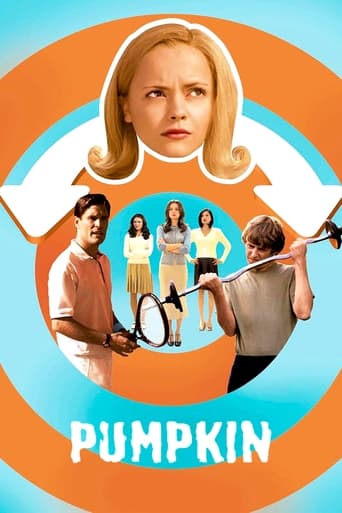
Reviews
the audience applauded
At first rather annoying in its heavy emphasis on reenactments, this movie ultimately proves fascinating, simply because the complicated, highly dramatic tale it tells still almost defies belief.
what a terribly boring film. I'm sorry but this is absolutely not deserving of best picture and will be forgotten quickly. Entertaining and engaging cinema? No. Nothing performances with flat faces and mistaking silence for subtlety.
I enjoyed watching this film and would recommend other to give it a try , (as I am) but this movie, although enjoyable to watch due to the better than average acting fails to add anything new to its storyline that is all too familiar to these types of movies.
Adapted from Maxim Gorki's novel of the same name, "The Lower Depths" is a strange but oddly captivating immersion in French post-Depression misery and pre-War life contemplation. Or maybe I should correct this statement, the film is supposed to be set in Russia, the characters kept their original Slavic names and the currency used is definitely not Francs, so I stand corrected, Jean Renoir intended to be faithful to the crux to the novel but did he really expect the audience to be fooled? Behind the Russian facade, it is a no less relevant depiction of French mentalities, which is perhaps the best credit to Gorki's universal appeal.Universal, international, those were words with strong resonance in the France of 1937, one year before, it was marked by election of 'Popular Front' government, the historical triumph of the left-wing united parties whose first symbolical initiative was to implement the two-year paid vacation. The image of people traveling across France in bikes and to the seaside, some for the first time, was one of the most emblematic images of the pre-war period, a sort of fresh breath of air before politics would change the map of the world. It was a time where many artists embraced that sense of freedom and inter-classes fraternity that characterized France and maybe it's not such a hazard if the film features the unlikely friendship between a wealthy baron and a burglar, both played with immense talent by legends Louis Jouvet and Jean Gabin.It might have helped a little that the baron went bankrupt because of gambling and the thief was looking for the one robbery to make him rich and honest once and for all, these are people who try to look beyond their conditions and could see their path crossing. It is also quite interesting that Renoir, who would later make two masterpieces about the fall of the grand bourgeoisie and aristocratic order in "Grand Illusion" and "Rules of the Game" always told it from the perspective of the bourgeois people, as he was said to be, contrarily to Marcel Carné, more at home with the upper class setting than the blue-collar, his world doesn't feature crowded streets or vendors, it's not the same 'atmosphere' than "Hotel du Nord" (the connoisseurs will get the reference), it is like Renoir adopted a naive approach to misery, in a sort of 'Grand Hotel' setting, where poor people discuss about marriage, freedom, liberty and have no interactions with the baron.To a certain extent, there seems to be an order in that class where order doesn't prevail, while the aristocratic world is collapsing through social conventions and gambling, like the real theater for rebellion. Renoir is no Dickens but that doesn't affect at all the quality of the film and some superb imagery. There is a shot I especially loved where Jouvet is staring at the camera incapable of burning a cigarette, it is one of the most eloquent shots of anger, and you could tell it is directly addressed toward himself. And it is strange how in the other world, there is an obvious antagonist, an old and mean landlord whose wife flirts with Gabin as Pepel (who happens to be in love with her sister, played by Suzy Prim). The slums are filled of a love triangle, a villain, a jealous mistress, all the social archetypes of the upper class while the real rebel and free-spirited 'hero' or antihero is the bankrupt baron Jouvet, no wonder he immediately befriends Gabin, who's not exactly like a fish in water in the slums and strikes as much a misfit as the baron.I couldn't translate these words in English without losing the rhetorical kinship but the friendship is between a 'déclassé' (socially downgraded) and an "inclassable" (indefinable) person, one who lost his place and is pretty content about it and one who seeks it. Pepel is in the romantic hero tradition, he believes only love can get him off prison, some lost hope and act like drunkards and other try to bribe the corrupt power incarnated by the fat policeman, this is overall one pathetic portrait of society reconciled through the sight of the two protagonists, the buddies. I must say I was more interested by the friendship than the romance as it had to be a driver to Gabin's escape, one that would justify the last shot that is a total homage to Chaplin's "Modern Times", and that's a tribute to Chaplin's impact on the world, one year after his masterpiece, he was already imitated.And yes, maybe there's something Chaplinesque in "The Lower Depths", more than Gorki, which made me wonder if the film wouldn't have worked better with French names and French setting.The film received the Deluc prize and met with critical acclaim but it's not the most famous work from Renoir who'd make more consistent statements through his following masterpieces. But on its own, it's a good example of French poetic realism and one of Gabin's best pre-war roles.
Seeing Maxim Gorky's play about the lowest level of society is an ultra- depressing depressing experience. Everyone is miserable and wretched and the entire production is filled with people who are complete messes. However, in this movie version, director Jean Renoir manages to make the film watchable and quite watchable! How does he do this? Well, he did a great job directed, got some wonderful performances AND used a script that changed the original play--giving it a hopeful and relatively happy ending!! While I usually would never want to see this (such as how they gave happy endings in "The Hairy Ape" and the recent version of "The Scarlet Letter"), in this it was a good thing! Giving the audience something to hope for makes this well worth seeing--not an exercise in masochism! All in all, extremely well made and the best version of the Gorky story I have seen.
Jean Renoir's The Lower Depths is centered around a contrast in personalities. Jean Gabin, the great proletarian star, plays Pepel, a petty thief who remains jovial despite his restless desire to escape his deprived circumstances. While on a robbery job, Pepel meets The Baron, a disgraced nobleman, and the two strike up a friendship. These two men could not be more diametrically opposed, both in their social circumstances and their bearing. Pepel carries himself with the casual ease of a man who knows who he is, who's possessed of a basic trust in himself. The Baron, on the other hand, moves like he's perpetually running to the bathroom, his bowels - and his entire soul - afflicted with a painful case of tightness. The contrast between these two personalities, one open to life and the other closed off, is made all the more explicit by the differing acting styles of the two performers. No one was ever more natural than Gabin, with his understated charm and leonine presence. On the other side of the acting spectrum lies the extreme stylization of Louis Jouvet, who plays The Baron as a shambling collection of strained mannerisms. There's something elementally interesting about watching this clash of styles, this meeting of the naturalistic and the bizarrely theatrical. By some weird act of alchemy the two personalities, rendered in wildly different ways, mingle so pleasingly that we could scarcely ask for more.Jean Renoir has made a highly-detailed, richly-textured humanist film out of Gorky's play. The story follows the various denizens of a lower-class boarding house lorded over by the slimy Kostylev, who's married to the jealous Vassilissa, who loves the restless Pepel, who's in love with Vassilissa's abused sister Natacha. The Baron, after losing his luxurious apartments over a money scandal, moves into the boarding-house, and alone among its inhabitants discovers bliss amidst the squalor. This might seem like a rather too glaringly pro-Socialist turn-of-events, the nobleman who becomes happy when he's brought low, but it works because Louis Jouvet is so subtly funny in the way he portrays The Baron's transformation. He makes The Baron seem a little bit teched, which helps to smooth out the character's ascent from suicidal desperation to grass-dozing, snail-fondling contentment. The acting overall is marvelous: Vladimir Sokoloff plays the old landlord Kostylev as a Dickensian creep; Suzy Prim brings a bitchy edge to the ambitious Vassilissa; and Junie Astor plays Natacha with a Cinderella-like down-trodden radiance. These characters find themselves embroiled in a scenario that's a bit more straight-forwardly melodramatic than in some of Renoir's other '30s films, but the plot barely matters what with all the physical detail and accomplished emoting - all orchestrated with a master's touch by Renoir, who tinges everything with a slightly sour irony. The staging is strikingly assured from start to finish, the camera-work possessed of an under-stated expressiveness that is purely Renoir. If the film falters anywhere compared to Renoir's other work it's in the slight sense of conventional melodramatic emphasis that creeps into some of the later scenes. The storytelling is sometimes casual and organic as in Renoir's masterpieces Grand Illusion and Rules of the Game, but there are other times when the plot-mechanics show through. Renoir normally smooths over these rough-spots, but in The Lower Depths he seems to have left them in, perhaps intentionally - perhaps meaning to give the film a certain conventional sense of climax. At any rate this hardly matters - the film is so richly textured and rhythmically satisfying that we can forgive Renoir for indulging in a few theatrical flourishes. This is one of the unquestioned classics of French poetic-realism.
Very dark but strong drama, about a bunch of people with no faith and no hope. It's very cynical, but Jean Renoir's directions gives the movie a unique twist. Great acting by Jouvet and Gabin, and young Junie Astor.
